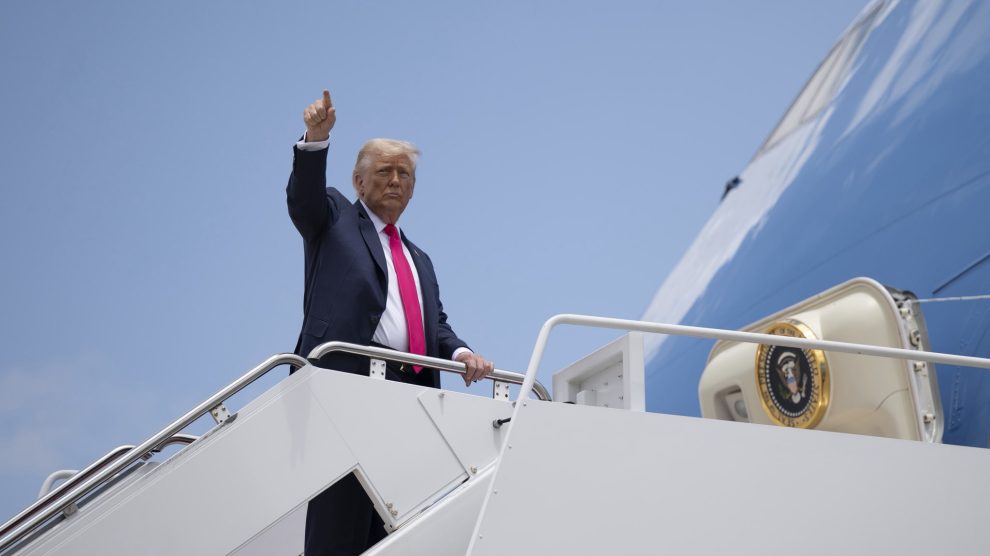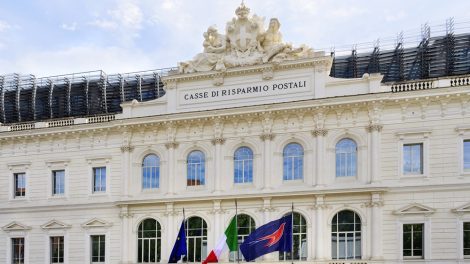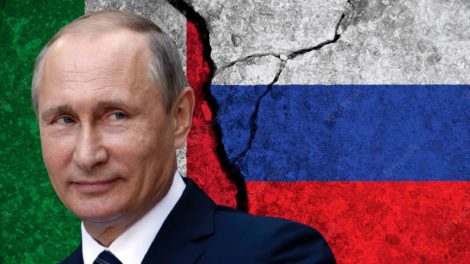As U.S. President Donald Trump is in South Korea for the APEC Summit and prepares for his first face-to-face meeting with Chinese President Xi Jinping since the start of his second term, expectations are high — and uncertainty even higher. The EU is looking forward with a strategic lens.
Why he matters: Frank Gavin is one of America’s leading historians of strategy and foreign policy. His research bridges history and statecraft, exploring the evolution of U.S. grand strategy and the future of global order. As Director of the Kissinger Center, he focuses on how great powers manage competition and unpredictability in international politics.
Q: What can we expect from the Trump–Xi meeting?
A: Anyone who says they know what will happen at a meeting between Donald Trump and Xi Jinping is just guessing. The defining feature of American grand strategy right now is its unpredictability.
- There are clear divides within Washington over how to approach China, as emerged in several panels of our conference.
- Trump himself may have different views from many in his base. He loves to make deals, he’s focused on trade, he enjoys engaging with other great powers, and he thrives on high-profile summits.
- We could indeed see an agreement — but as in Trump’s first term, deals can be signed and then quickly unravel.
Q: What could this mean for Europe and its relations with China?
A: Europe finds itself in a very difficult position. It’s the third stool in a three–great–power world, where the other two—the United States and China—are not particularly interested in maintaining world order.
- The European Union faces a terrible choice: side with China, side with the United States, or go it alone. None of these options are good if pursued in a radical way.
- U.S. erratic economic and security policies have exposed Europe’s vulnerabilities.
- Meanwhile, China’s overcapacity in manufacturing and its support for Russia in the war in Ukraine have highlighted the risks of aligning too closely with Beijing.
Q: What should Europe do?
A: Europe needs to move quickly to develop its own grand strategy—a clear sense of direction and authority about what it intends to do in the world.
- It cannot completely deleverage from China.
- It cannot fully decouple from the United States.
- But it must do more to define and project its own strategic autonomy.
The bottom line: Frank Gavin warns that while Trump and Xi may seek a temporary accommodation, the underlying strategic uncertainty will persist. Europe, caught between two unpredictable giants, must learn to act as a global player in its own right — neither dependent on Washington nor beholden to Beijing.





